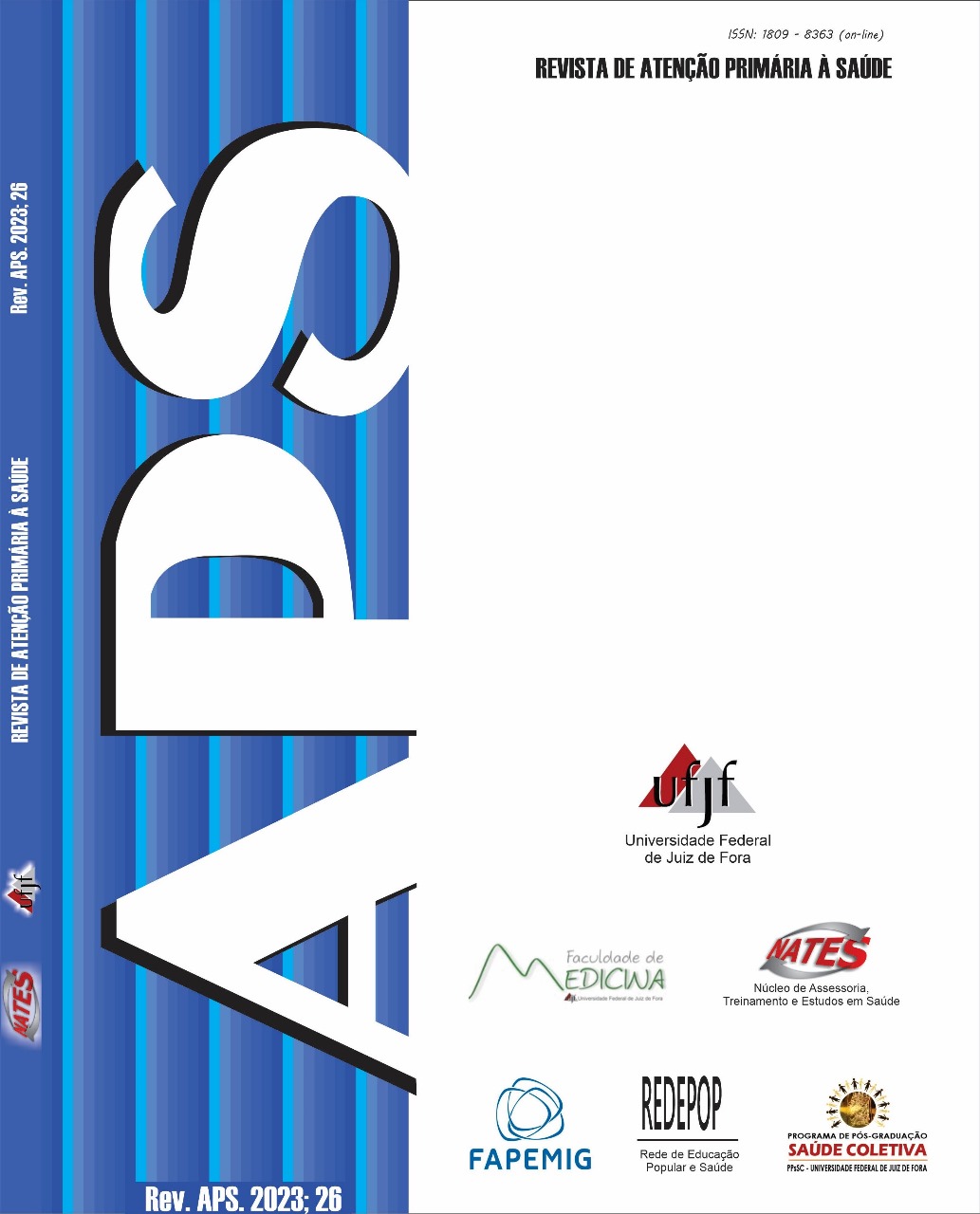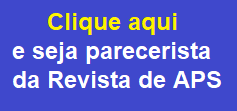Estado nutricional, consumo de alimentos e (in) segurança alimentar de crianças assistidas pelo Programa Bolsa Família
DOI:
https://doi.org/10.34019/1809-8363.2023.v26.38004Palavras-chave:
Consumo alimentar, Estado nutricional, Crianças, Segurança alimentar e nutricional, Programas e Políticas de Nutrição e AlimentaçãoResumo
Populações que vivem em condições de desigualdade social e econômica são mais vulneráveis à ocorrência de problemas nutricionais, os quais impactam negativamente o crescimento, desenvolvimento e a saúde da criança. Nesse cenário, os Programas de Transferência Condicionada de Renda apresentam-se como estratégias importantes para atenuar a situação de insegurança alimentar dessas famílias. Todavia, ressalta-se que tal transferência monetária não representa garantia de alimentação adequada. Assim, esta pesquisa teve como objetivo avaliar o estado nutricional, o consumo qualitativo de alimentos e os níveis de (in) segurança alimentar de crianças assistidas pelo Programa Bolsa Família residentes no município de Nazária (PI). Trata-se de um estudo transversal envolvendo 134 crianças com sete a dez anos de idade. Um questionário foi aplicado aos pais/responsáveis para coletar as informações sobre as variáveis socioeconômicas. O estado nutricional das crianças foi avaliado a partir da aferição da estatura e peso corporal, sendo classificado conforme os parâmetros de índice de massa corporal-para-idade, peso-para-idade e estatura-para-idade. Para a avaliação do consumo alimentar, foi utilizado o questionário do Sistema de Vigilância Alimentar e Nutricional com marcadores sobre consumo alimentar para indivíduos acima de cinco anos de idade. A Escala Brasileira de Insegurança Alimentar foi aplicada para obtenção do nível de insegurança alimentar das famílias. As crianças beneficiárias do Programa Bolsa Família apresentaram, em sua maioria, estado nutricional adequado. Todavia, a prevalência de sobrepeso e obesidade identificada nesta população representa um fator preocupante à saúde. Associado a isso, as crianças realizavam ingestão diária de alimentos não saudáveis e consumo pouco frequente de alimentos nutritivos. Ademais, mesmo com o auxílio financeiro do programa, muitas famílias ainda se encontraram em situação de insegurança alimentar.











